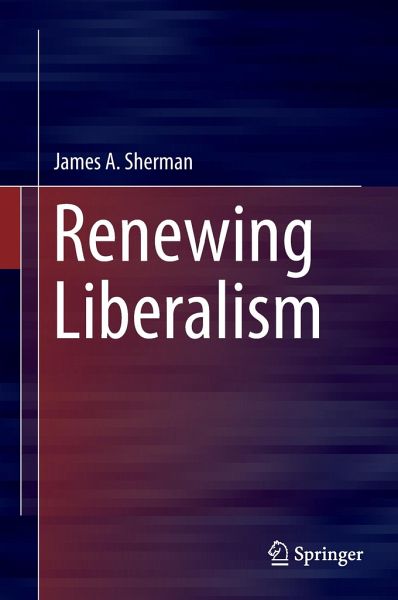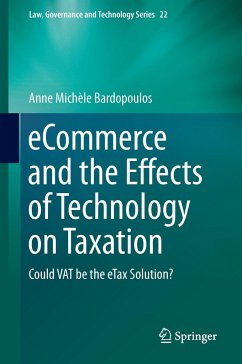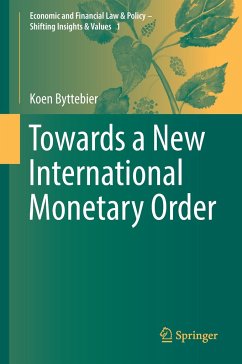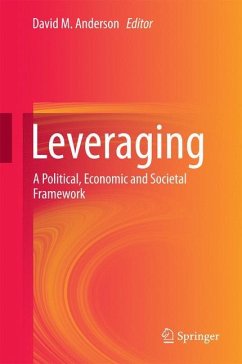
Renewing Liberalism
Versandkostenfrei!
Versandfertig in 6-10 Tagen
113,99 €
inkl. MwSt.
Weitere Ausgaben:

PAYBACK Punkte
57 °P sammeln!
This book develops an original and comprehensive theory ofpolitical liberalism. It defends bold new accounts of the nature of autonomyand individual liberty, the content of distributive justice, and thejustification for the authority of the State. The theory that emergesintegrates contemporary progressive and pluralistic liberalism into a broadlyAristotelian intellectual tradition.The early chapters of the book challenge the traditionalconservative idea of individual liberty-the liberty to dispose of one'sproperty as one wishes-and replace it with a new one, according to which libertyis of equ...
This book develops an original and comprehensive theory ofpolitical liberalism. It defends bold new accounts of the nature of autonomyand individual liberty, the content of distributive justice, and thejustification for the authority of the State. The theory that emergesintegrates contemporary progressive and pluralistic liberalism into a broadlyAristotelian intellectual tradition.
The early chapters of the book challenge the traditionalconservative idea of individual liberty-the liberty to dispose of one'sproperty as one wishes-and replace it with a new one, according to which libertyis of equal value to all persons, regardless of economic position.
The middle chapters present an original theory of socio-economicjustice, arguing that a society in which every citizen enjoys an equal share ofliberty should be the distributive goal of the State. It is argued that thisgoal is incompatible with the existence of large disparities in wealth andeconomic power,and that (contra conservativeand libertarian economic arguments) such disparities are harmful to the overallhealth of national and global economies.
The final chapters provide anoriginal argument that the State has both a moral duty and a moral right topursue this program of socio-economic justice (contra conservative and libertarian moral arguments), and that onlythe measures necessary to implement this program lie within the morallyjustifiable limits on the State's authority.
Though primarily a politicalwork, it spans most areas ofpractical philosophy-including ethical, social, and legal theory; andmeta-ethics, moral psychology, and action theory. And though fundamentally aphilosophical work, it incorporates research from a number of fields-including decisiontheory, economics, political science, and jurisprudence; primatology,neuroscience, and psychology; and history, anthropology, sociology, andecology-and is sure to be of interestto a wide range of scholars and students.
The early chapters of the book challenge the traditionalconservative idea of individual liberty-the liberty to dispose of one'sproperty as one wishes-and replace it with a new one, according to which libertyis of equal value to all persons, regardless of economic position.
The middle chapters present an original theory of socio-economicjustice, arguing that a society in which every citizen enjoys an equal share ofliberty should be the distributive goal of the State. It is argued that thisgoal is incompatible with the existence of large disparities in wealth andeconomic power,and that (contra conservativeand libertarian economic arguments) such disparities are harmful to the overallhealth of national and global economies.
The final chapters provide anoriginal argument that the State has both a moral duty and a moral right topursue this program of socio-economic justice (contra conservative and libertarian moral arguments), and that onlythe measures necessary to implement this program lie within the morallyjustifiable limits on the State's authority.
Though primarily a politicalwork, it spans most areas ofpractical philosophy-including ethical, social, and legal theory; andmeta-ethics, moral psychology, and action theory. And though fundamentally aphilosophical work, it incorporates research from a number of fields-including decisiontheory, economics, political science, and jurisprudence; primatology,neuroscience, and psychology; and history, anthropology, sociology, andecology-and is sure to be of interestto a wide range of scholars and students.












